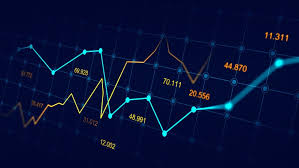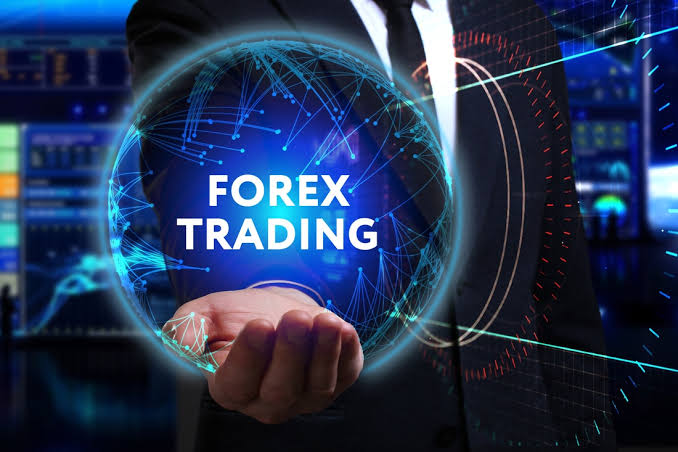
Essential Guide to Forex Trading Training
Forex trading is one of the most dynamic and exciting fields in the world of finance. As the largest financial market globally, the foreign exchange (forex or FX) market offers immense opportunities for traders. However, to navigate this complex environment successfully, proper training is crucial. This article aims to provide prospective traders with a comprehensive overview of forex trading training options, methodologies, and tips for building a robust trading strategy. For those looking to get started, consider checking out forex trading training Brokers Argentina for information about local platforms and resources.
Understanding Forex Trading
Forex trading involves buying and selling currencies in pairs, such as EUR/USD or USD/JPY. The goal is to speculate on the movements in currency value and profit from these fluctuations. To succeed in forex trading, a trader needs to understand market dynamics, technical and fundamental analysis, and risk management.
Types of Forex Trading Training
Various training methods are available for those looking to hone their forex trading skills. These include:
- Online Courses: Numerous institutions and online platforms offer structured courses on forex trading. These courses cover everything from the basics to advanced trading strategies.
- Webinars: Webinars hosted by experienced traders provide real-time insights and discussions on current market trends.
- Books and eBooks: A wealth of literature exists for both beginners and advanced traders, offering in-depth knowledge and strategies.
- Demo Accounts: Many brokers offer demo trading accounts, allowing traders to practice trading with virtual money, which is an essential tool for honing skills without financial risk.
- Mentorship Programs: Partnering with an experienced trader can accelerate learning and provide personalized guidance.
Key Skills to Develop
To excel in forex trading, certain skills and knowledge areas are critical. Here are some essential skills that every trader should strive to develop:
- Technical Analysis: Understanding price charts, indicators, and patterns is vital for predicting market trends.
- Fundamental Analysis: Staying informed about economic indicators, news, and events that impact currency value helps in making informed trading decisions.
- Risk Management: Knowing how to manage risk effectively can help protect your trading capital from significant losses.
- Emotional Control: Successful trading requires discipline and the ability to manage emotions, especially during volatile market conditions.
- Trading Psychology: Understanding and developing the right mindset can differentiate a successful trader from a novice.

Steps to Getting Started
If you’re new to forex trading, here are some practical steps to help you get started:
- Educate Yourself: Take advantage of the various training formats discussed above to build foundational knowledge.
- Choose a Reliable Broker: Select a broker that meets your needs and has a strong reputation. Investigate options such as Brokers Argentina, which provide insights on local options.
- Open a Demo Account: Practice trading in a risk-free environment to develop your skills and confidence.
- Create a Trading Plan: Outline your trading strategy, including your risk tolerance, trading goals, and preferred trading methods.
- Start Trading with Real Capital: Once you feel confident, begin trading with real money but start small and gradually increase your exposure as you gain experience.
Common Mistakes to Avoid
As with any investment, losing money in forex trading is a possibility. Here are some common mistakes to avoid:
- Lack of a Trading Plan: Trading without a clear plan can lead to impulsive and poorly thought-out trades.
- Over-leveraging: Using too much leverage can amplify losses; protect your capital by using leverage judiciously.
- Ignoring Risk Management: Failing to use stop-loss orders and position sizing can lead to significant losses.
- Emotional Trading: Allowing emotions to dictate trading decisions often results in poor outcomes. Stick to your strategy, regardless of market volatility.
- Neglecting Education: The forex market is continuously evolving; staying educated on trends and changes is essential for long-term success.
The Importance of Continuous Learning
Forex trading is not a one-time learning experience but an ongoing journey. Successful traders dedicate time to continually refine their skills, learn from their past trades, and adapt to changing market conditions. Engaging with the trading community, attending workshops, and utilizing online resources can provide valuable insights and keep you updated on the industry’s best practices.
Final Thoughts
Forex trading can be a rewarding but demanding endeavor. With the right training, mindset, and methods, traders can improve their skills and increase their chances of success. By educating yourself about the market, developing essential trading skills, and avoiding common pitfalls, you can embark on a journey toward becoming a proficient forex trader. Remember that patience and perseverance are key in this field; success may not come overnight, but with commitment to continuous learning and improvement, your efforts will pay off.


